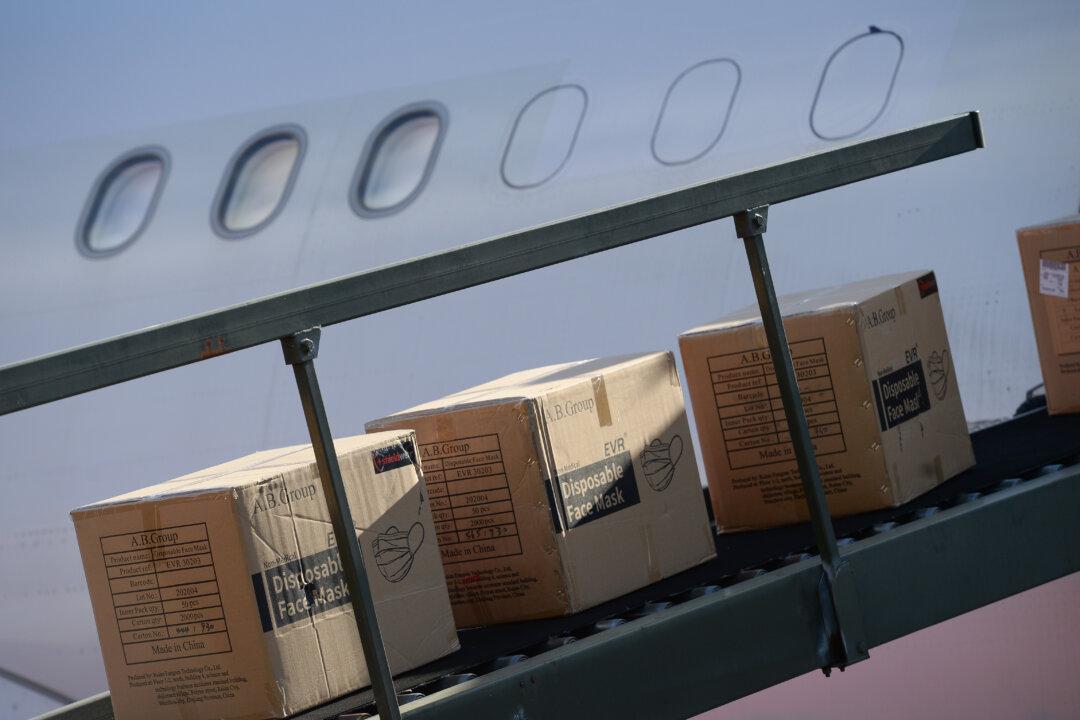The UK government got rid of more than three billion pieces of personal protective equipment (PPE) that it bought during the COVID-19 pandemic to reduce storage cost, according to official data published on Thursday.
It includes items such as aprons, masks, gloves coveralls, eye protectors, and body bags. Some of them were sold or donated, most were burnt or made into other products.





